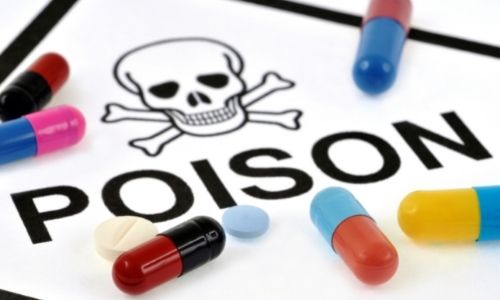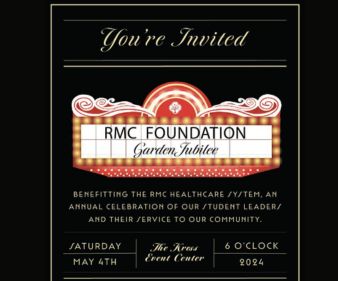The Alabama Poison Information Center is sharing a message of medication safety on National Poison Prevention Week
The Alabama Poison Information Center (APIC) at Children’s of Alabama handled more than 110,000 calls in 2021, answering questions about everything from drug interactions to snake bites to possible poison exposures. Leaders with the organization say that 90% of poisonings happen in the home, and more than 70% of callers get the help they need without having to visit a medical center.
March 20-26 is National Poison Prevention Week, and experts at the APIC are sharing information about medication safety. They say proper storage is one of the keys to protecting your children.
VIDEO LINKS
B-roll of the Alabama Poison Information Center
Becky DeVore on how the APIC can help
Becky DeVore on proper medication storage
“Medications should be stored in the home, in a locked container, out of sight and out of reach of children,” Becky DeVore, a registered nurse educator with the APIC, said. “There is not a safety cap that is child proof – it is only child resistant, meaning if you give a child enough time, they can open the child-resistant caps, and parents can attest to this.”
If you have questions about a possible exposure or an interaction with any kind of poison, you can call the APIC at 1-800-222-1222. It’s open 24 hours a day, 365 days a year. You’ll speak with registered nurses and pharmacists trained in toxicology. Many are nationally certified. They can give you free, confidential advice about a wide range of poison-related questions.
“Any medication errors, medication exposures, plant exposures, mushrooms, snake bites, insect bites, carbon monoxide – we have a large wheelhouse, and we’re happy to help,” DeVore said.
The APIC opened in 1958 as the 14th poison center in the United States. It serves Alabamians of all ages, but many of the calls are related to children. DeVore says there are many ways to keep your kids safe, especially when it comes to medication.
- Do not take medicine in front of your children. Children will mimic their parents’ actions.
- Do not call medicine candy.
- Do not use kitchen teaspoons or tablespoons to measure liquid medication. This often results in the wrong dosage. Instead, use a syringe, which you can get from your pharmacist.
- Store medications out of sight and out of reach of children, preferably in a lock box.
- If you have guests in your home, make sure they are storing their purses or suitcases where children cannot reach them.
- Store the APIC number, 1-800-222-1222, in your phone in the event of a possible exposure.
For more information about medication safety, including a conversation about common medication errors, listen to the APIC episode of the Children’s of Alabama Inside Pediatrics podcast. To learn more about the APIC, click here to access its 2021 annual report.
About Children’s of Alabama
Since 1911, Children’s of Alabama has provided specialized medical care for ill and injured children, offering inpatient, outpatient and primary care throughout central Alabama. Ranked among the best children’s hospitals in the nation by U.S. News & World Report, Children’s serves patients from every county in Alabama and nearly every state. Children’s is a private, not-for-profit medical center that serves as the teaching hospital for the University of Alabama at Birmingham (UAB) pediatric medicine, surgery, psychiatry, research and residency programs. The medical staff consists of UAB faculty and Children’s full-time physicians as well as private practicing community physicians.









